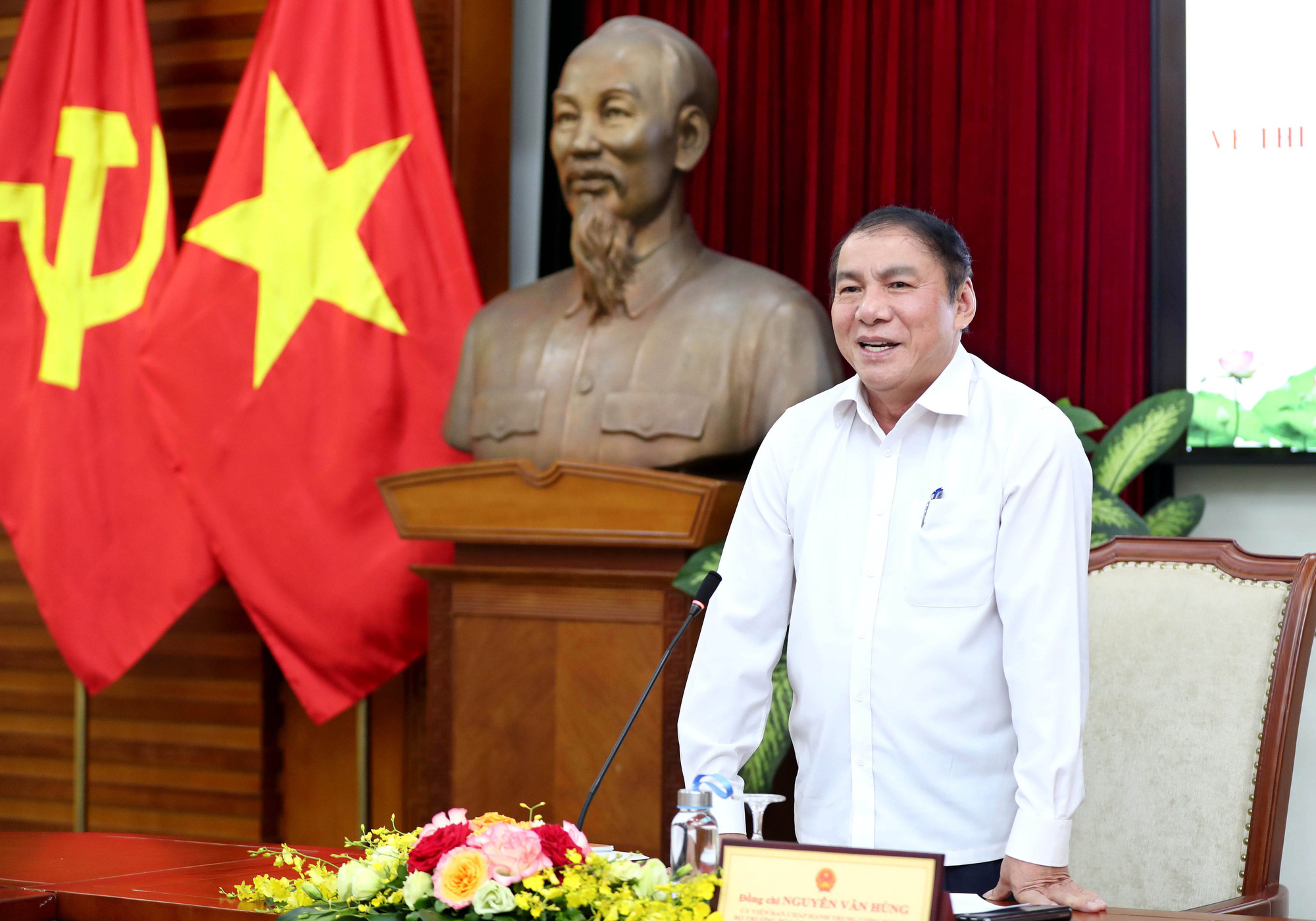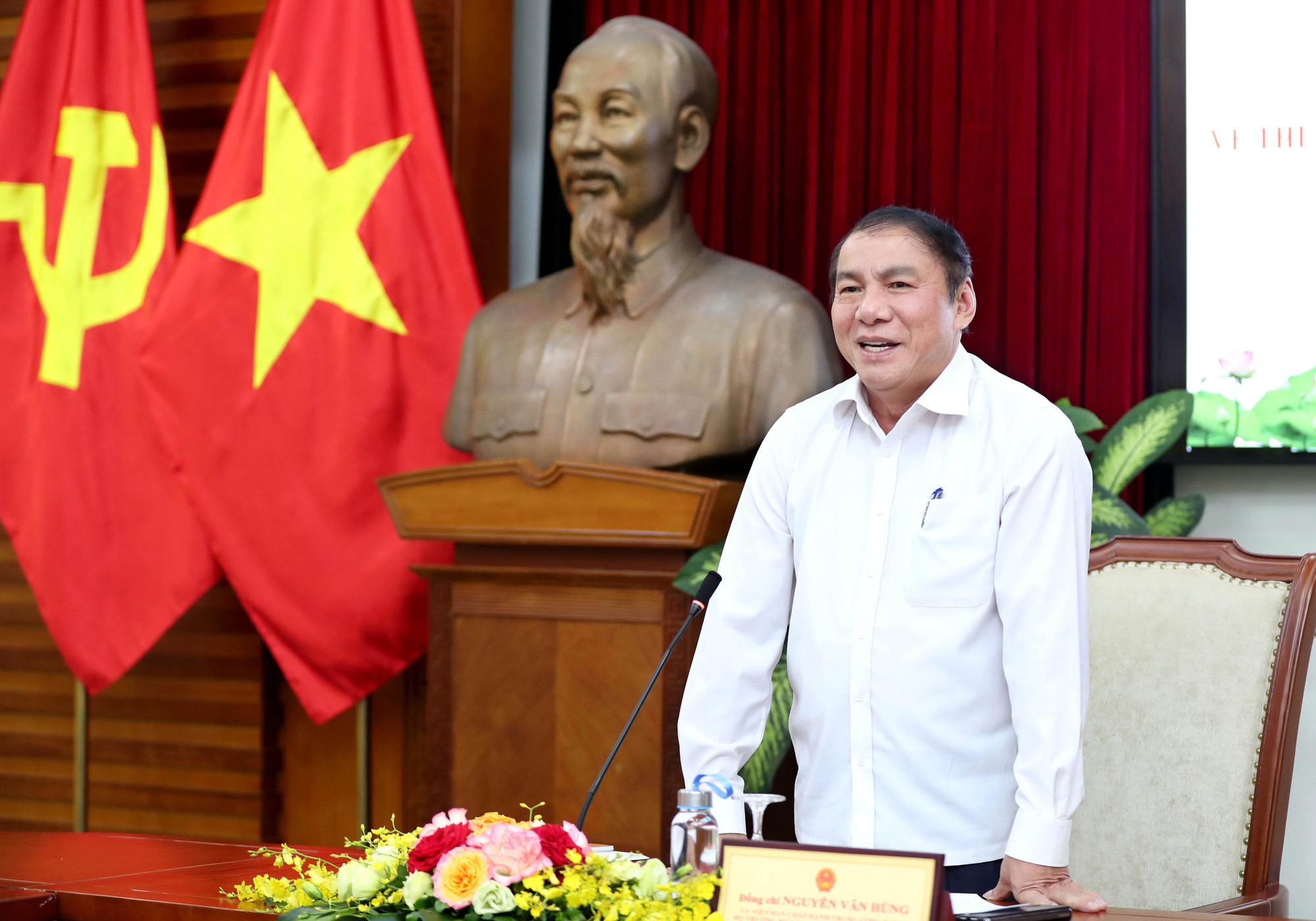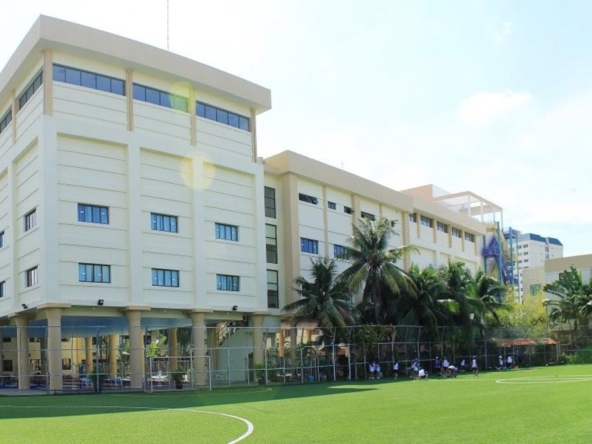Foreigners who have recovered from COVID-19 within 12 months are also allowed to visit Phu Quoc

Vietnam’s Ministry of Culture, Sports, and Tourism has proposed that Phu Quoc Island, off the southern coast, welcome international visitors with ‘vaccine passports’ in October.
The plan will be piloted for a six-month period and subject to adjustments depending on the coronavirus pandemic situation, Nguyen Trung Khanh, chairman of the Vietnam National Administration of Tourism (VNAT), said at a meeting on Thursday.
International visitors who want to visit Phu Quoc Island City off Kien Giang Province must have received two doses of a COVID-19 vaccine recognized by Vietnamese authorities.
The second dose must be injected at least 14 days and not more than 12 months prior to the entry date.
Foreigners with a certificate showing their COVID-19 recovery for not more than 12 months are also allowed to visit Phu Quoc.
Before entering Vietnam, travelers must test negative for the coronavirus using the RT-PCR method.
Visitors must travel to Phu Quoc by air only and will be taken to designated accommodations and entertainment sites.
Relevant ministries and agencies have thrown support behind the plan.
The VNAT has urged Kien Giang authorities to prepare plans to secure COVID-19 prevention and handle possible risks.
The only concern, Kien Giang deputy chairman Nguyen Luu Trung said, is that Phu Quoc has currently vaccinated just 35 percent of its adults and needs an additional 250,000 to 300,000 doses of COVID-19 vaccines to reach a safe vaccination coverage.
Trung thus proposed the tourism ministry seek more vaccine allocation from the government to the island city.
Recently, the city’s functional forces conducted random COVID-19 tests on ten percent of its population, whose results were all negative.
The island has recorded just five local infections since the pandemic emerged in Vietnam early last year.
Minister of Culture, Sports and Tourism Nguyen Van Hung said he would set up a working group, led by Deputy Minister Doan Van Viet, to consult and supervise the reopening of the tourism market.
Phu Quoc, Vietnam’s largest island, became a top tourist destination after the government rolled out a 30-day visa-free policy for foreigners in 2014.
In 2019, before the onset of the pandemic, it received over five million visitors, including 541,600 foreigners, according to the VNAT.
Vietnam closed its borders and canceled all international flights in March last year.
Only Vietnamese repatriates, foreign experts, diplomats, investors, highly-skilled workers, and students are allowed to enter the Southeast Asian country, with stringent quarantine requirements in place.







